6 Factors That Impact Your Borrowing Power
Understand six key factors affecting your borrowing power in your home buying journey.
Your borrowing power will help you determine the type of properties you can purchase, as well as the suburbs you can consider. Before you begin your home buying journey, it’s important to understand six factors that impact your borrowing power.
Your income
When it comes to determining your borrowing power, your monthly income is where lenders start. Your income will be used in your serviceability assessment to help calculate how much you can afford to repay on your home loan every month.
If you are buying a property with a co-borrower, your ability to repay your home loan may be greater, meaning you could borrow more money.
Learn more about what a serviceability assessment is here.
Your debts & expenses
Once your monthly income has been verified, your debts and expenses are used to determine your household expenditure. These factors will impact your ability to repay your home loan and include:
- Debt includes existing mortgages, credit cards and loans.
- Expenses include food & groceries, utilities & maintenance costs, transport expenses, health & fitness expenses and more.
If your household expenditure is high, this will impact your ability to borrow and how much you can borrow. Learn more about how your debt & expenses impact your serviceability assessment here.
Your credit score
It’s important to have a good credit score as this will play an important role in your borrowing power. A good credit score indicates to the lender that you’re likely to be aa reliable customer who has consistently made repayments on time.
If your credit history contains missed or late payments, this will impact your borrowing power and ability to receive approval on a home loan. Get access to a free credit score with Credit Savvy, and learn what factors are influencing your score.
Your saving history & deposit amount
Saving for a deposit is a way to show your lender that you can save money, over a long period of time. Lenders will look for at least three months or more of your savings to identify if you’re consistent.
A bigger deposit shows lenders that you have good savings and are potentially a low-risk borrower. The bigger your deposit, the lower your Loan to Value (LVR) will be and the smaller your loan will be – this means you’ll have to pay less interest.
Don’t forget to factor in any upfront costs when looking at your savings & deposit amount. Learn more about what you can expect here.
Your type & length of home loan
The type of loan (eg: Owner Occupier or Investment) and length of your loan (eg: 30 years) will impact your borrowing power.
Factors that increase your borrowing power
- Lower interest rates
- Low or no fees
- Longer loan terms
Factors that decreases your borrowing power
- Higher interest rate
- Ongoing fees
- Shorter loan terms
The property you’re looking to purchase
As part of your application process, a property valuation will determine how much a lender is willing to lend. Want to learn how a property’s value is estimated? Find out more here.
Learn about ways to increase your borrowing power here.
This article is intended to provide general information only. It does not have regard to the financial situation or needs of any reader and must not be relied upon as financial product advice. Please consider seeking financial advice before making any decision based on this information.
Unloan is a division of Commonwealth Bank of Australia.
Applications are subject to credit approval; satisfactory security and you must have a minimum 20% equity in the property. Minimum loan amount $10,000, maximum loan amount $10,000,000.
Unloan offers a 0.01% per annum discount on the Unloan Live-In rate or Unloan Invest rate upon settlement. On each anniversary of your loan’s settlement date (or the day prior to the anniversary of your loan’s settlement date if your loan settled on 29th February and it is a leap year) the margin discount will increase by a further 0.01% per annum up to a maximum discount of 0.30% per annum. Unloan may withdraw this discount at any time. The discount is applied for each loan you have with Unloan.
There are no fees from Unloan. However, there are some mandatory Government costs depending on your state when switching your home loan. For convenience, Unloan adds this amount to the loan balance on settlement.
* Other third-party fees may apply. Government charges may apply. Your other lender may charge an exit fee when refinancing.















































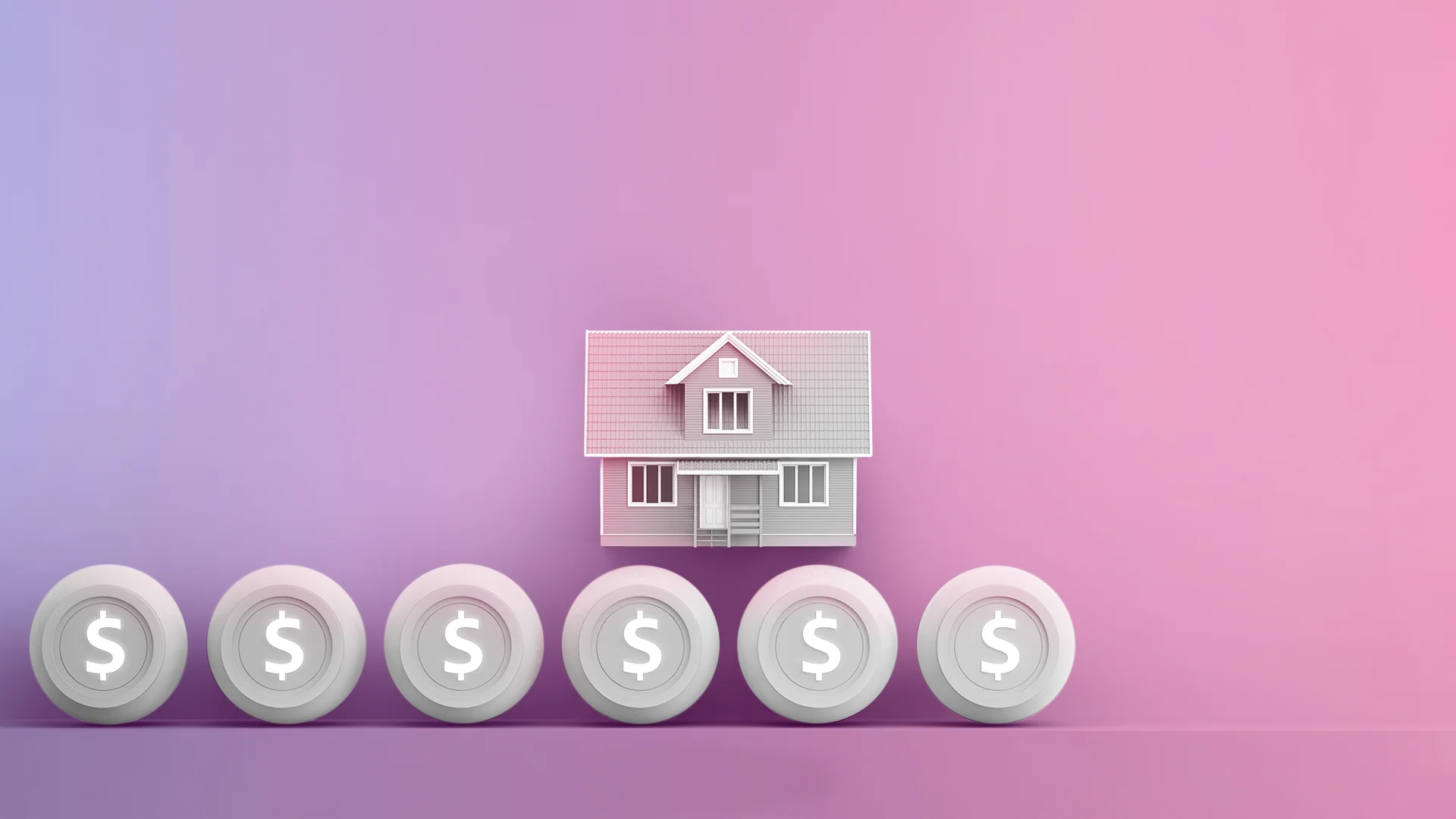


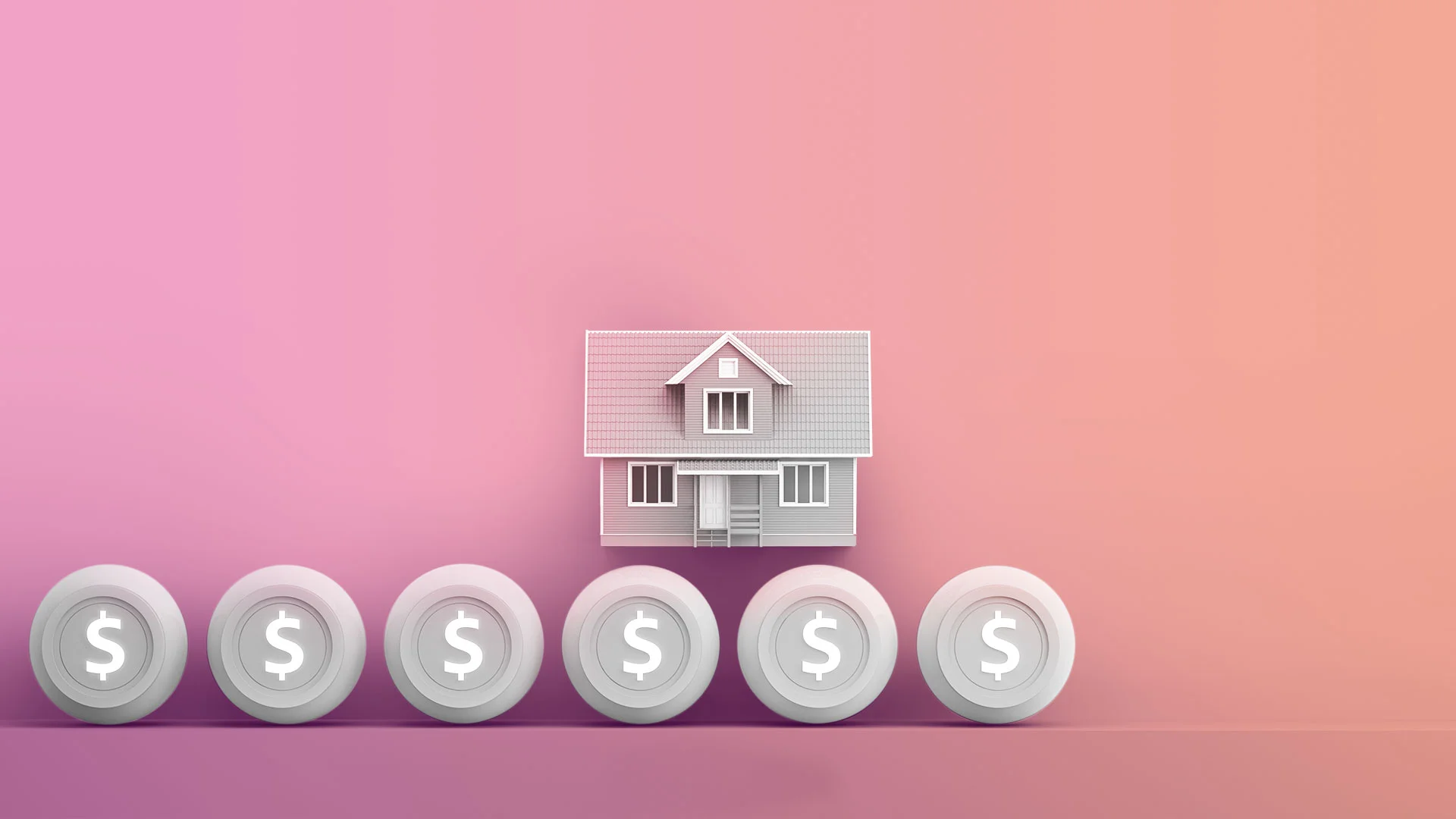

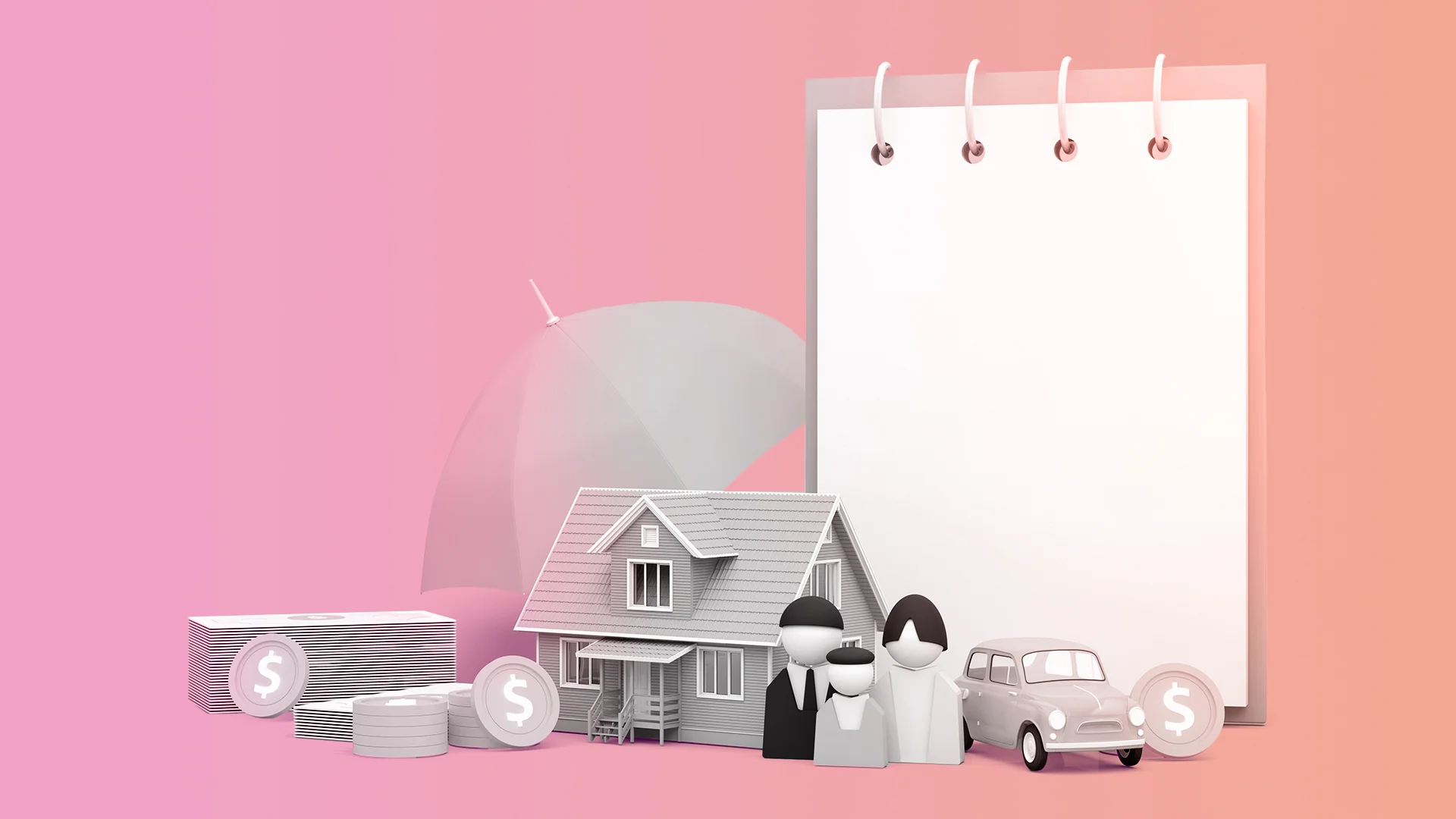
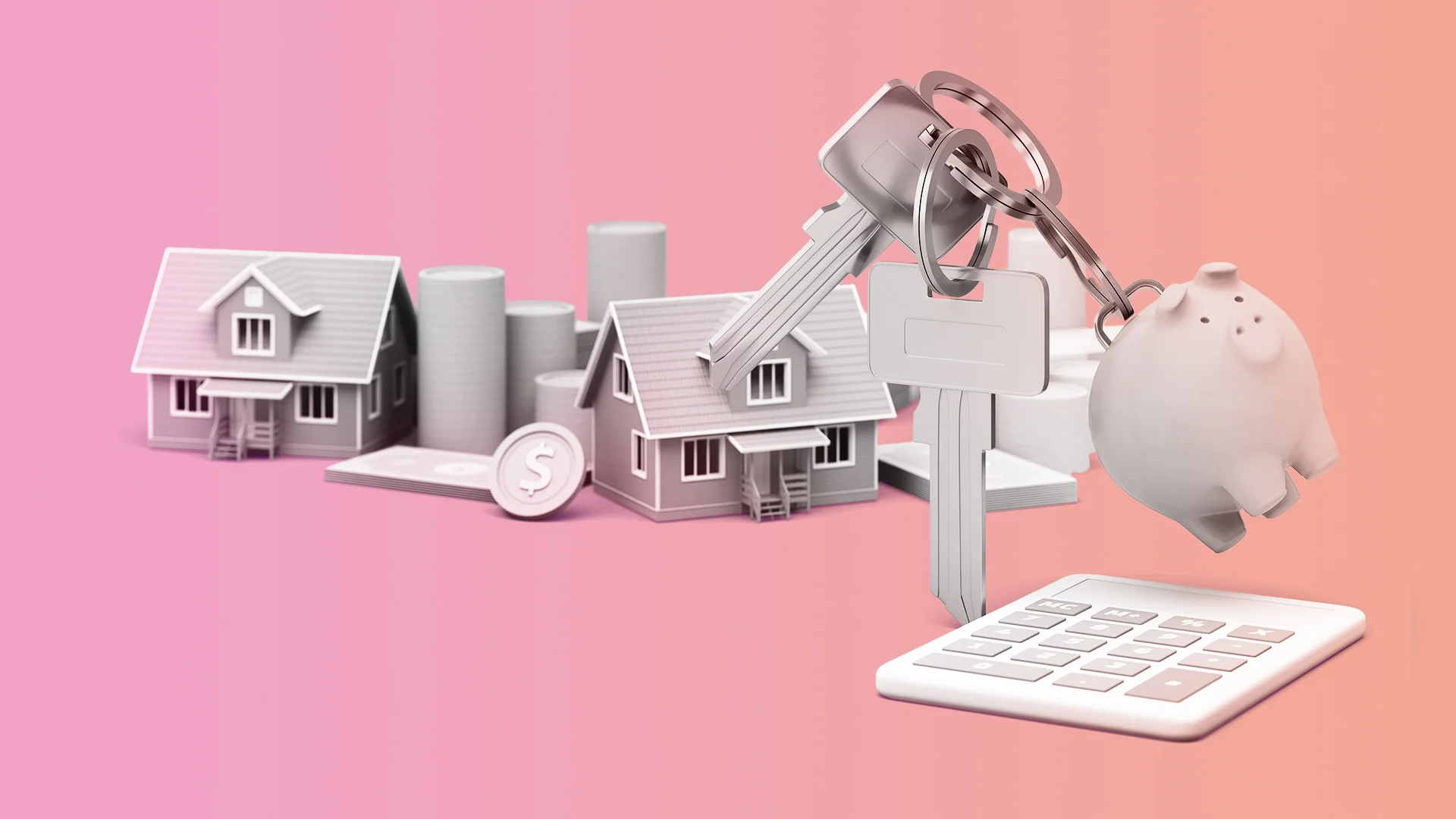

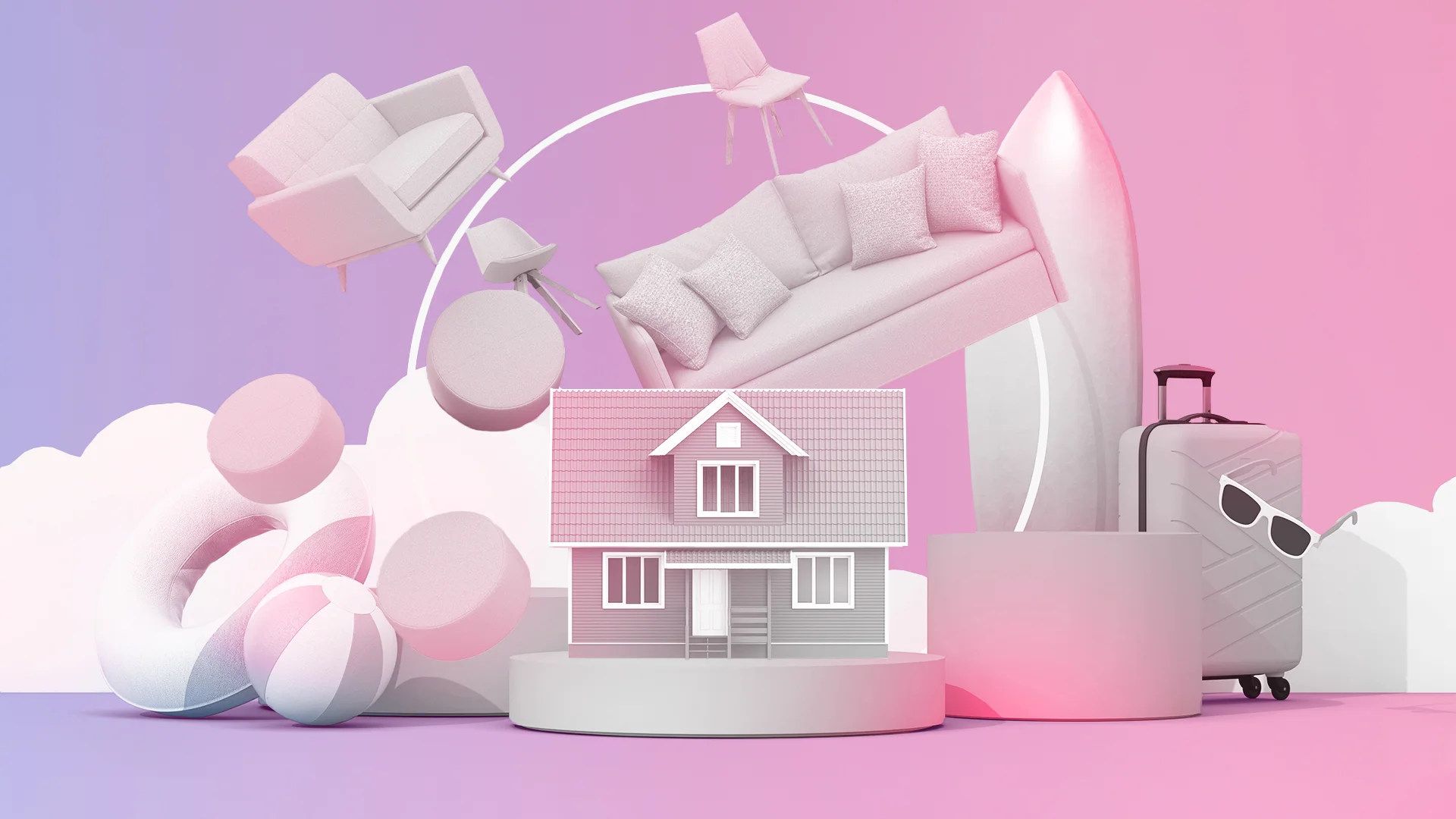













%201.webp)

